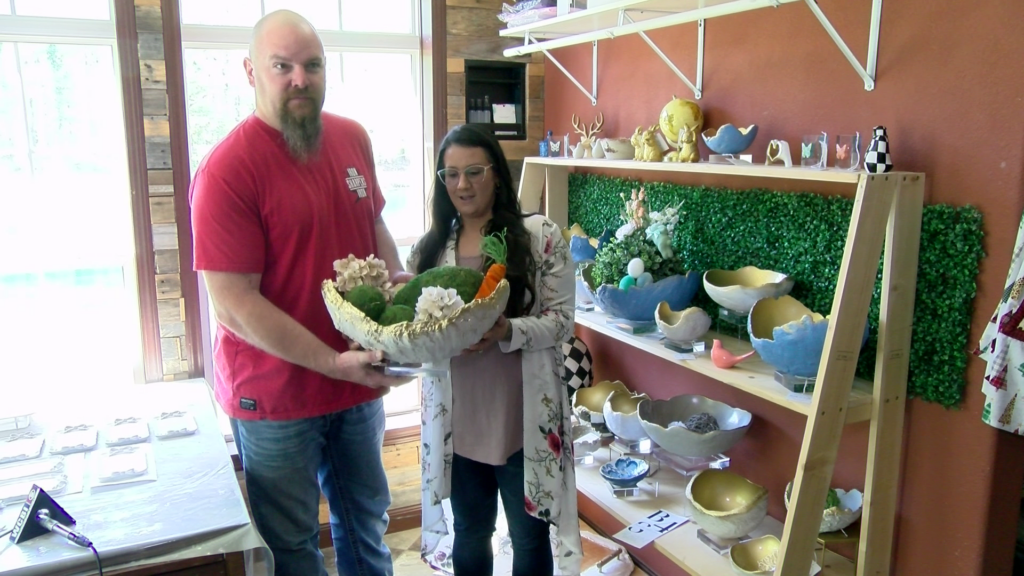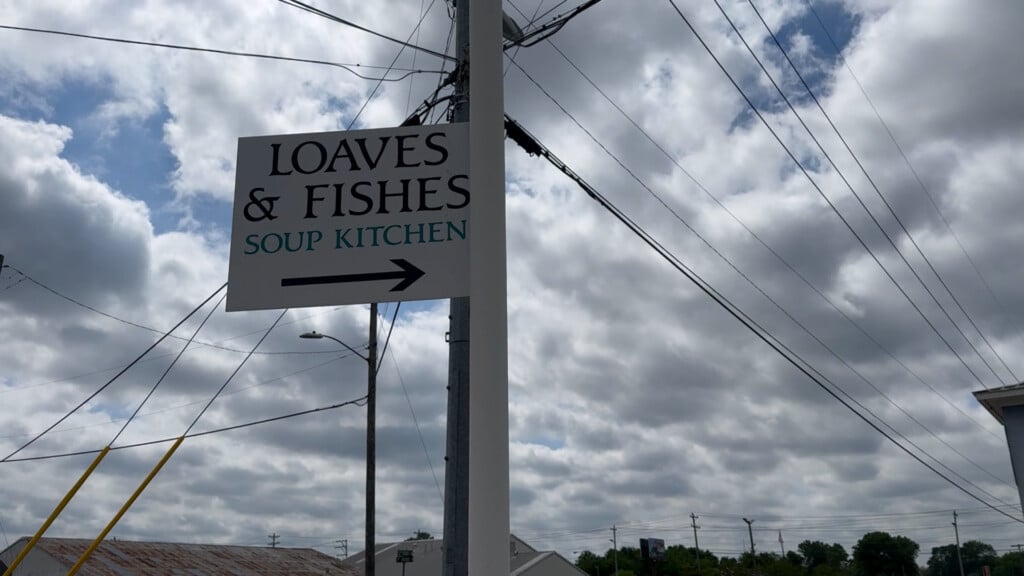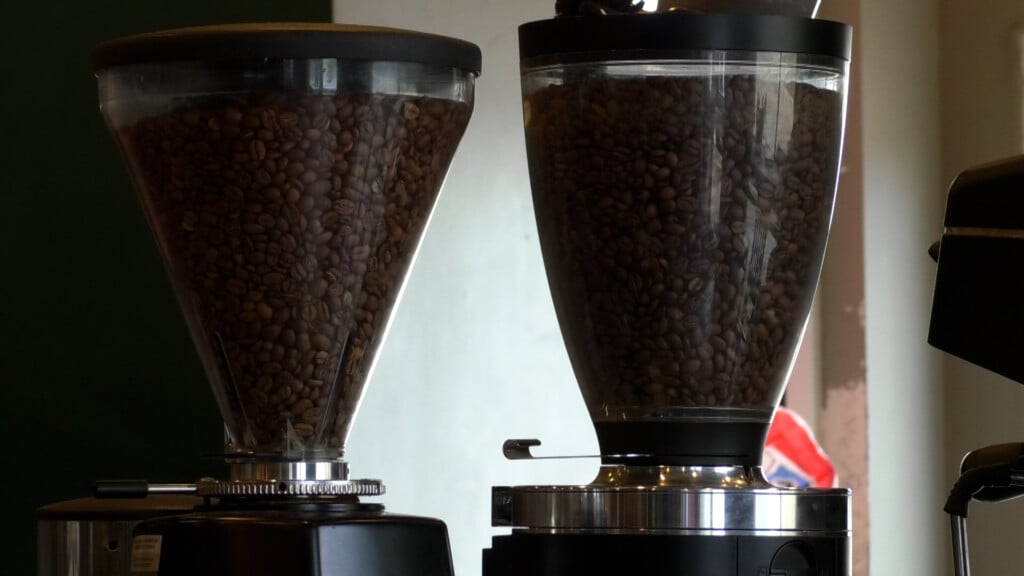Aid for besieged civilians delayed as Assad pushes offensive
BEIRUT — A second convoy with desperately needed aid for the besieged rebel-held eastern suburbs of Damascus was postponed on Thursday because of the violence and a rapidly evolving situation on the ground as Syrian government forces effectively split the eastern Ghouta enclave into two parts. In rapid advances overnight, troops and allied militiamen seized more than half of the area, including a stretch of farmland, isolating the northern and southern parts of the rebel-held territory, cutting links between the rebels and further squeezing opposition fighters and tens of thousands of civilians trapped inside, state media and a war monitor reported.
The government forces advanced from the east and were only about a mile away from forces on the western side of eastern Ghouta. The military gains have caused wide-scale internal displacement as civilians flee government advances toward areas in the territory still held by the rebels.
The most densely populated areas in eastern Ghouta are still under rebel control, including the towns of Douma, Harasta, Kfar Batna, Saqba and Hammouriyeh.
The government, determined to wrest the eastern Ghouta suburbs from rebel control after seven years of war, has intensified the shelling and bombardment to clear the way for its troops to advance on the ground.
More than 900 civilians, including many children, have been killed since the Russian-backed Syrian offensive began on Feb.18, including many children, according to the London-based Syrian Observatory for Human Rights. Dozens of new fatalities were reported on Wednesday. Some 400,000 people are believed to be inside the territory, trapped under a relentless air and ground campaign.
A video released by the opposition’s volunteer rescue group, also known as the White Helmets, captured the inferno in eastern Ghouta, including a shell exploding as an ambulance sped through the street after loading in an apparently wounded person.
Doctors and residents reported intense shelling and cases of suffocation and breathing difficulties, accusing the government of using chlorine gas again on Wednesday night. Hamza Hassan, a surgeon working at one of the hospitals in eastern Ghouta, said staff was overwhelmed with chlorine odor and that he treated 29 children with breathing problems.
Such reports, which have been recurrent in the past weeks, could not be independently confirmed. The government has repeatedly denied using chlorine gas.
Syrian state TV said dozens of families gathered in the town of Saqba in an attempt to use a humanitarian corridor to leave eastern Ghouta, adding that “terrorist groups” threatened and prevented them from getting out.
Ingy Sedky, the ICRC spokeswoman in Syria, said Thursday’s aid convoy was postponed, and had no confirmation when it would take place.
Red Crescent trucks are seen parked near Syrian soldiers at a checkpoint near Wafideen camp in Damascus, Syria, March 8, 2018.
REUTERS
“The situation is evolving rapidly on the ground, which doesn’t allow us to carry out the operation in such conditions,” she said.
Earlier this week, the first convoy in weeks made it into the town of Douma in eastern Ghouta, but 14 of the 46 trucks were not able to fully offload critical humanitarian supplies because of stepped-up violence.
Civilians are not safe anywhere in eastern Ghouta, and aid workers who entered briefly on Monday said some residents had not seen sunlight for two weeks because they were sheltering underground.
At least 800 civilians have been killed since the offensive started Feb. 18, according to the Syrian Observatory of Human Rights group, which monitors the conflict through a network of activists on the ground.
Russia’s military has said it is playing a key role supporting the assault on eastern Ghouta to combat “terrorists” hiding there and threatening Damascus.
© 2018 The Associated Press. All Rights Reserved. This material may not be published, broadcast, rewritten, or redistributed.





Leave a Reply